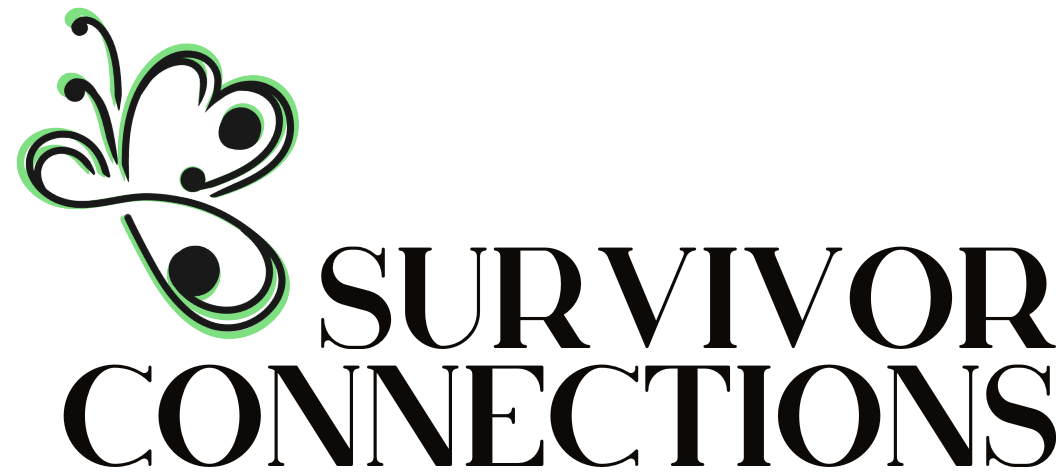Ethical Storytelling: Reclaiming Your Voice

Ethical storytelling for survivors is a complex and sensitive topic. It requires a deep understanding of trauma and a commitment to respecting the survivor's agency, privacy, and well-being.
In recent times, there has been a growing awareness that asking survivors to tell their story should be approached with care. It should never exploit someone’s pain for someone else’s purpose. We are all different. Some of us are deeply private, but for others, giving our pain a voice is a way to heal.

If sharing your story is important to you, here are some things other survivors have found helpful to stay safe:

1. Informed consent
You should be given the opportunity to provide informed consent before sharing your story. This means that there should be a clear understanding of the purpose, potential impact, and possible audience of the story before agreeing to share it.
2. Respect for privacy
Your privacy must be protected. If you wish to remain anonymous, this should be respected. This means that personal details such as your name, location, and identifying characteristics should be kept confidential, unless you explicitly agree to share them.
If you chose to speak publicly, that choice should also be respected.
3. Empowerment
You should be empowered throughout the storytelling process.
You should be given control over your story and how it is shared, and you should have the opportunity to provide feedback and make changes to anything that is published or shared.
4. Be trauma-informed
Its helpful to review trauma informed principles so that everyone involved has clear strategies to manage trauma and its effects. This is both for you and those you are sharing with.
People listening to your story may have experienced trauma that interacts with what they are hearing. Providing a content warning, offering people the opportunity to step away if they need to, or ensuring that there is support for people that are distressed by what they hear can help ensure that everyone is safe.
5. Accuracy and authenticity
You should feel empowered to share your story with accuracy and authenticity. Sometimes there is pressure on survivors to minimise their experiences or “whitewash” them to make others more comfortable. Sharing should be appropriate, but also remain accurate and authentic.
6. Respectful representation
Your story should be presented in a way that is respectful and avoids sensationalism or shock tactics. Sometimes it’s necessary to remind people that jarring pictures are unhelpful, and that certain jokes and comments are inappropriate or ignorant.
7. Education and advocacy
Many survivors feel that sharing their story should be used as a tool for education and advocacy, to raise awareness about lived experience and to promote change. Some survivors have felt pressured to share their stories for the benefit of organisations that may have helped them, but that is rarely an empowering experience.
It can be helpful to ask yourself whether what you are being asked to share aligns with your purpose of education and advocacy.
8. Media considerations
For some survivors ‘being public’ is meaningful, but there definitely is more risk in being in the public eye. It is worth seeking legal advice to ensure that speaking publicly doesn’t jeopardise court proceedings if you are going through legal process.
The other consideration is that naming a perpetrator publicly can create safety risks and increase the chance of being charged with defamation. If someone has been convicted in court, you can speak publicly about your perpetrator in some instances, but there are a broad range of impacts that this might have.
Also, once a story is in print or online, it is in the world forever. It is worth thinking through what part that plays in your future.
9. Social Media Considerations
We live in a very cruel world, in which everyone is tried by a court of public opinion. Survivors often experience bullying, victim blaming/shaming, ridicule, and verbal attacks on social media. It is worth considering how this may impact your mental health and what support you might need.

Find out more about exploitation, human trafficking, and modern slavery:


